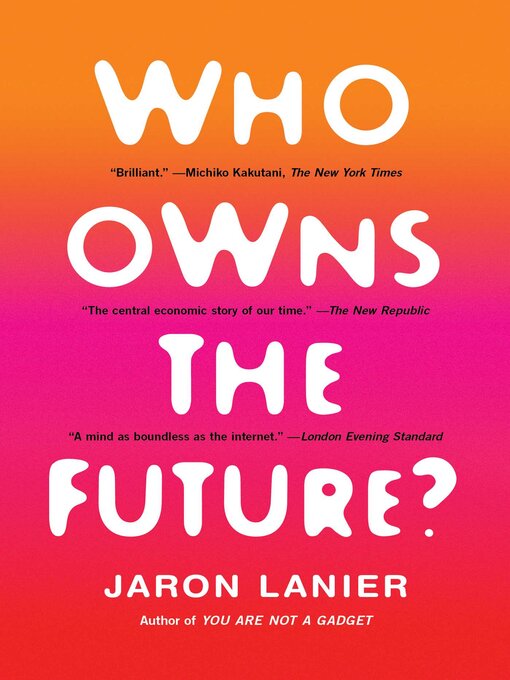- Just Added eBooks
- New York Times Notable Books of 2021
- Rainbow Reads - Fiction
- Rainbow Reads - Nonfiction
- Always Available
- Black Voices
- In the Garden
- Available Now - No Hold List!
- Get Hooked!: Series Starters
- Anti-Racism and Social Justice
- Lifestyles of the Rich and the Famous
- Smart People Read Dummies® Books!
- All Titles
- See all ebooks collections
- No Wait Audiobooks!
- Just Added Audiobooks
- Black Voices
- Get Hooked!: Series Starters
- Now Available From Recorded Books!
- Anti-Racism and Social Justice
- The Outlander Series: Now On Audio!
- Listen to the Stars!
- Available now
- New audiobook additions
- All Titles
- New teen additions
- Most popular
- See all audiobooks collections




